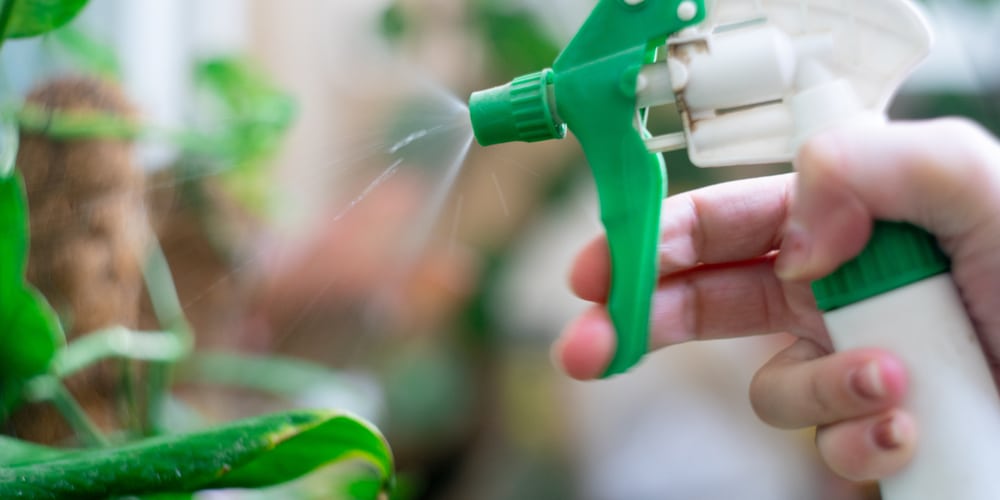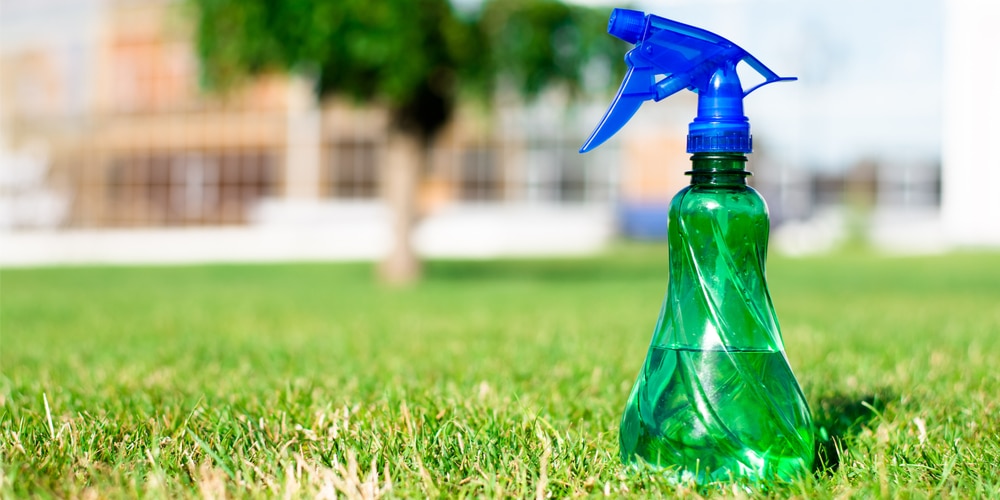Both neem oil and copper fungicide are pretty commonly known substances that have quite a few uses. Because of this, you might be considering using one of them to help you with a fungi problem or as a fertilizer that aids in giving your soil its necessary nutrients. But which one is more useful and therefore better? Here is everything you need to know about neem oil vs copper fungicide.
What is neem oil:
Neem oil is a pesticide that is naturally occurring and found in the Azadirachta Indica tree. This pesticide contains something called Azadirachtin. This Azadirachtin is capable of acting as an insecticide that effectively removes and repels quite a wide range of insects that could try and cause harm and damage to your plants and greenery.
How does neem oil work:
Neem oil is drenched on and then ingested by the plant’s roots. By absorbing this substance, the roots allow it to enter the plant’s system. Moreover, once it has entered the plant’s system insects will be repealed and possibly killed when they try to feed on it.
What is copper fungicide:
Copper fungicide is a metal that in its dissolved form is actually great at controlling multiple fungal diseases. This metal is created when the copper metal is mixed in with other compounds and is capable of dissolving in water.
How does copper fungicide work:
Once copper fungicide enters the plant, it essentially protects it from developing any new fungal diseases. That being said, it is not particularly great at removing or curing any already existing ones.
Diseases that neem oil can prevent:
Some of the fungal diseases that neem oil is capable of preventing, as well as the fungi it is capable of killing, include:
- Root rot
- Tip blight
- Late blight
- Powdery mildew
- Rust
- Anthracnose
- Fire blight
Diseases that copper fungicide can prevent:
Some of the fungal diseases that copper fungicide is capable of preventing, as well as the fungi it is capable of killing, include:
- Anthracnose
- Fire blight
- Black spot
- Downey mildew
- Powdery mildew
- Septorial leaf spot
Using neem oil as a fertilizer:
Neem oil is generally a pretty decent fertilizer. Furthermore, it is especially great at being able to control nitrification of other fertilizers that are chemical in nature. As well as this, it is capable of aiding in the termination of any nematodes that are in the soil
When compared to copper fungicide, neem oil is seen as a more balanced fertilizer. This is because it contains all the regular components that fertilizers do. These components are Nitrogen, Phosphorus, and Potassium.
Using copper fungicide as a fertilizer:
Copper fungicide can be a pretty great fertilizer, especially if your soil is copper deficient. In addition to this, it has actually been shown that plants and greenery that are grown in copper deficient soil are more likely to become stunted and wilt. As well as this, they usually have a lower production of fruits and a decreased number of flowers when compared to their healthy variants.
That being said, you should always test and ensure that your soil is indeed copper deficient before applying copper fungicide so as to not accidentally cause any unwanted harm to your yard.
Neem oil vs copper fungicide – final thoughts:
Overall, copper fungicide is best used as a treatment to certain fungi diseases and a fertilizer for copper deficient soil. On the other hand, neem oil is best used as a general purpose fertilizer or as an aid to help you balance out more chemical heavy fertilizers. As well as this it can be used as a pretty great fungi disease prevention method.

